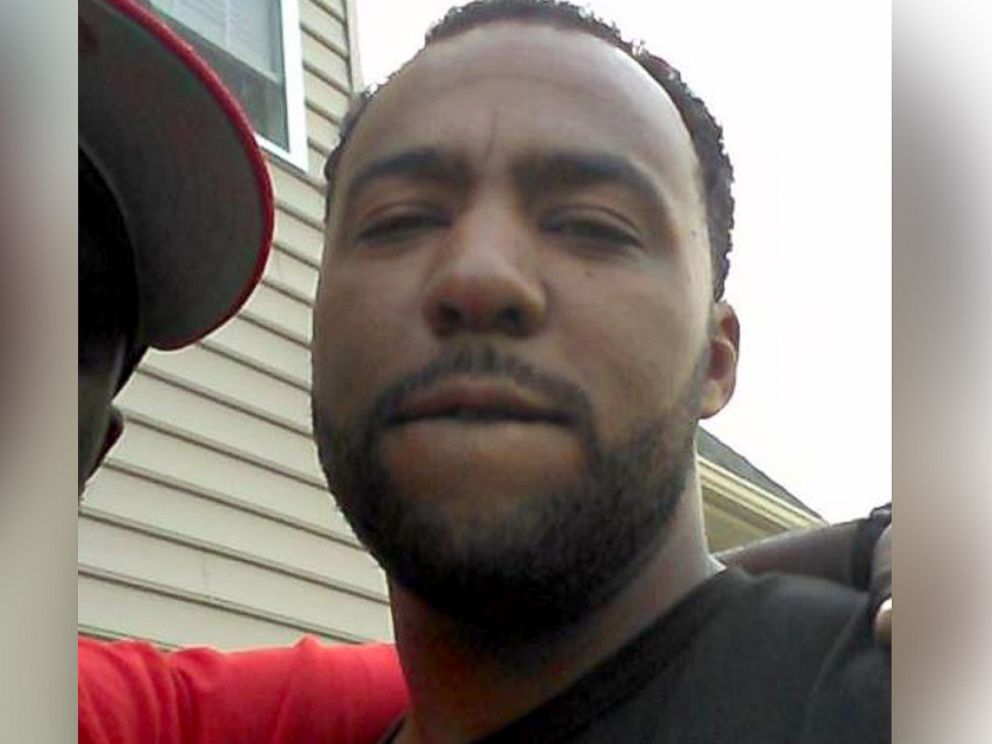White House Fence Jumper Killed After Attacking Deputy with Knife at Pennsylvania Courthouse
Curtis Smith's next court date in D.C. was scheduled for Oct. 9.
— -- A man arrested for breaking onto White House grounds by jumping over a fence was shot and killed today after he attacked a deputy with a knife at a courthouse, authorities said.
Curtis Smith, 34, of Coatesville, Pennsylvania, went into the Chester County Justice Center in West Chester, Pennsylvania today, where he attacked a sheriff's deputy with a knife, according to the Chester County District Attorney's office.

Another deputy fired and hit Smith, the DA's office said, and Smith was taken to a hospital where he died. The motive was unknown, authorities said, according to ABC station WPVI-TV.
The attacked deputy was hospitalized in stable condition, the DA's office said.
According to the DA's office, "Smith was arrested by the Secret Service in March for jumping the fence at the White House."
On March 1, Smith "climb[ed] over the top of the stone wall at the South East vehicle entry point of the White House," according to documents from Washington, D.C. Superior Court.
He then walked along a sidewalk near the South fence, and when he noticed Secret Service personnel approaching him in a cruiser, he "immediately walked toward" the car and turned around with his hands behind his back, the documents said.
According to documents, Smith "drove to [the] White House to pass a message to the President."
On March 2, Smith was charged with unlawful entry. One month later, he entered into a deferred prosecution agreement with the government and was ordered to stay away from the White House, according to the court docket for the Washington, D.C. Superior Court.
Smith's next court date in D.C. was scheduled for Oct. 9. The documents list two addresses for Smith: one in Coatesville, Pennsylvania, and one in Downingtown, Pennsylvania.
Attorney Martin Rosendorf, who represented Smith in the March arrest, told ABC News he has not been called by authorities today.
Asked about his client's case, Rosendorf said of Smith, "He didn’t seem that he was completely out of it."
Rosendorf said he thought Smith wanted to give the President some “advice” when he approached the White House. "I don’t think it was any kind of threat," he said.




